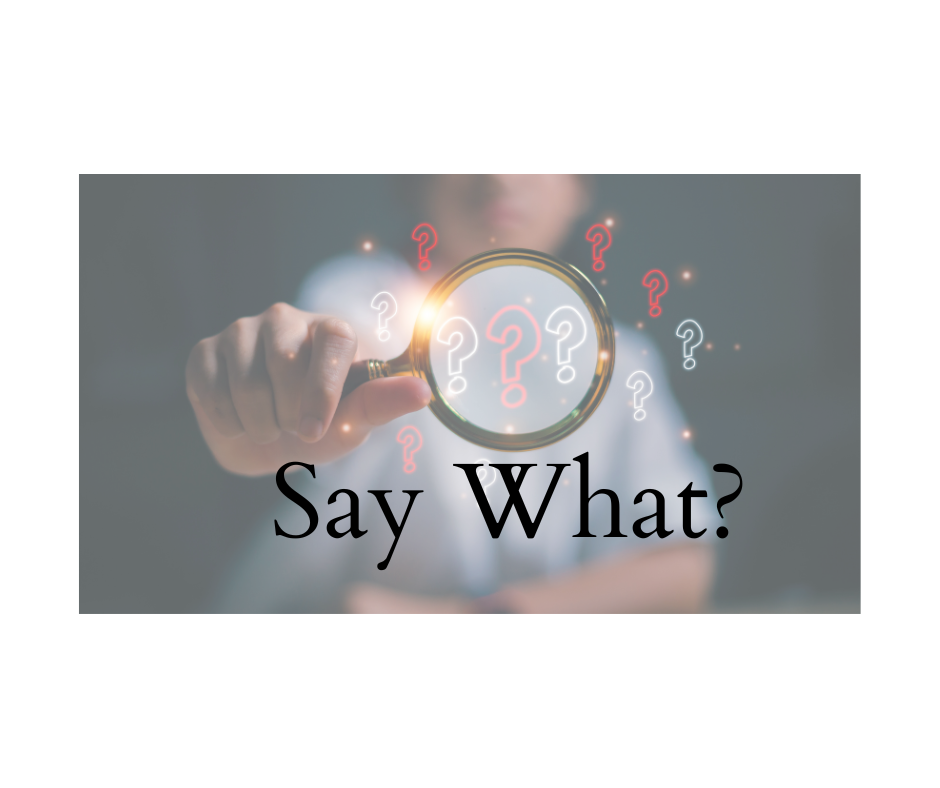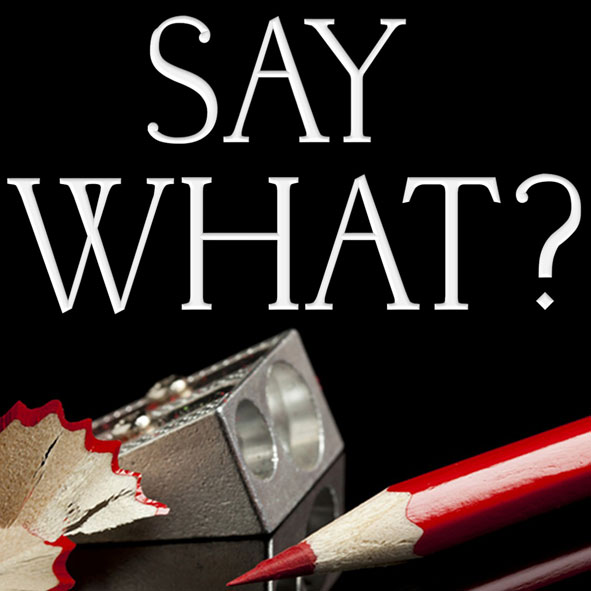Negative, Continuous, and Passive Forms of Subjunctive Mood
The subjunctive mood is one we often use without thinking. But often writers use it incorrectly in writing, so it is worthwhile to take a close look at this interesting “mood” we use all the time. This structure is used not only for positive statements but also with negative, continuous, and passive constructs.
Negative Examples:
- The boss insisted that John not be at the meeting.
- The company asked that employees not accept personal phone calls during business hours.
- I suggest that you not take the job without renegotiating the salary.
Passive Examples:
- Matt recommended that Debbie be hired immediately.
- Lee demanded that I be allowed to take part in the negotiations.
- We suggested that you be admitted to the organization.
Continuous Examples:
- It is important that you be standing there when he gets off the plane.
- It is crucial that a car be waiting for the boss when the meeting is over.
- I propose that we all be waiting in Tim’s apartment when he gets home.
These forms of the subjunctive have nothing to do with hypothetical or wishful situations, which is what many writers associate with the subjunctive mood. However, sometimes this use of the subjunctive can sound stiff and formal. If that’s not the tone and style you want in your writing or in your characters’ POVs, you might want to ditch the subjunctive:
- When he gets off the plane, you better be standing there.
- Make sure a car is waiting for the boss after the meeting.
- I propose we all wait in Tim’s apartment until he gets home.
Sometimes these differences are subtle, so it behooves writers to take a moment to think through the specific meaning they want to convey in a sentence. It is important that you be mindful of how you write!









Your example “when he gets off the plane, you better be standing there” is common in informal usage, and a character in a novel would say this. Perhaps, though, we should qualify this usage by stating that its grammatically incorrect form has crept into formal speaking and writing where we should say or write “you’d better be standing there” or “you had better be standing there.” The item at http://www.englishessaywritingtips.com/2012/04/you-better-do-this/ fully explains the correct usage.
Thank you for your excellent series of articles on the subjunctive mood.
Yes, the example I was giving was what a character might say. It was not me ordering anyone around 🙂
I am not sure how as writers we can qualify our use of ‘incorrect’ grammar. Do we fill our footers with tedious grammar notes? I think that would be a nudge to a reader to snap shut the book.
I place ‘incorrect’ in quotes, as there are many grammarians and linguists these days who tend towards the descriptive end of the descriptive/prescriptive spectrum. The descriptive approach is to give an account and analysis of the ways in which the language actually works, rather than hold up some sort of norm or ought like a teacher in the classroom.
I do think there is some case for normative approach in schools, as this is instruction in how to use the language in ways that can be most clearly understood. That is an important social skill.
I am always interested in the subjunctive, as I think it is a much underused feature of English. I cannot speak for languages I do not know, but it is used far more in German than in English.
Perhaps the examples you cite are rather formal, but in the context of someone in authority using them to direct a subordinate, they do not seem out of place. As direct speech in a novel, you are correct in suggesting that they need to accord with the character. ‘Incorrect’ grammar is often used in spoken English, say in expressions like “between you and I” or “It’s me.” Such expressions grate on me, but I would put them into the mouth of a character who does not know better.
One reason why the subjunctive might not always be apparent to a reader is that conjugating a verb through the various tenses and persons. the form of a subjunctive verb is often identical to the corresponding indicative. So it is more apparent in a longer passage.
Thank you, however, for drawing attention to the subjunctive and suggesting ways in which it might profitably be used.